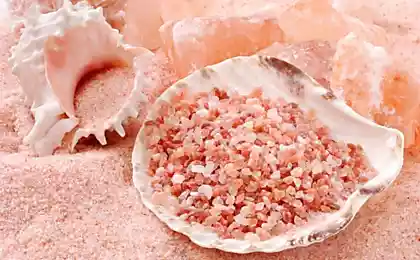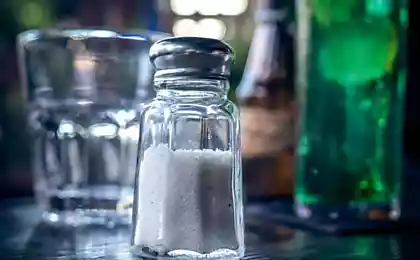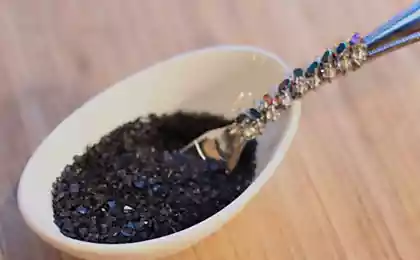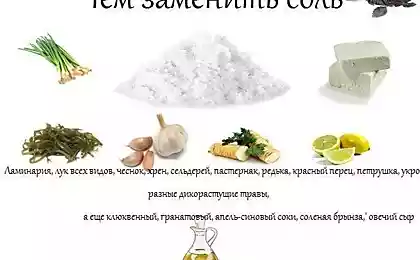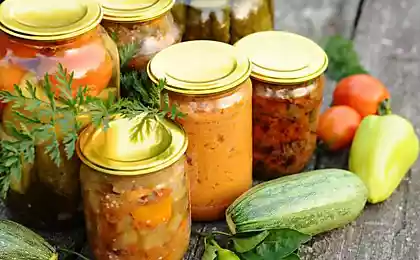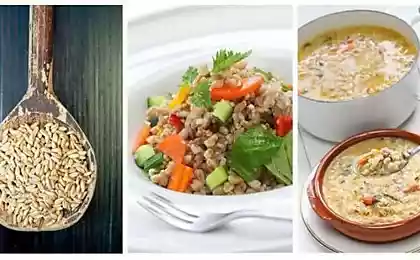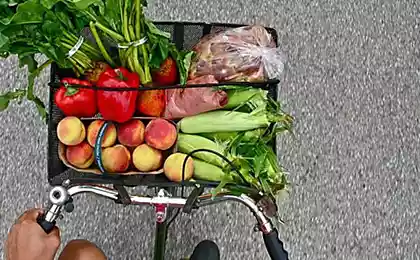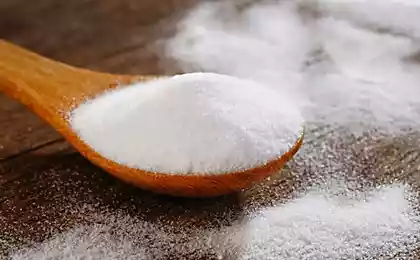121
How to properly salt dishes
When cooking, we salt out of habit, especially without thinking about the result. We understand how much salt is required on a dish, and the only thing we keep in mind is how not to oversalt. But in reality, the taste of a dish depends not only on the amount of salt, but also on the moment when we add salt.
And today's edition. "Site" will share useful culinary tricks, which are perfectly mastered by the best chefs of the world. But self-taught cooks, who do not attach much importance to salt, do not even know about these secrets.
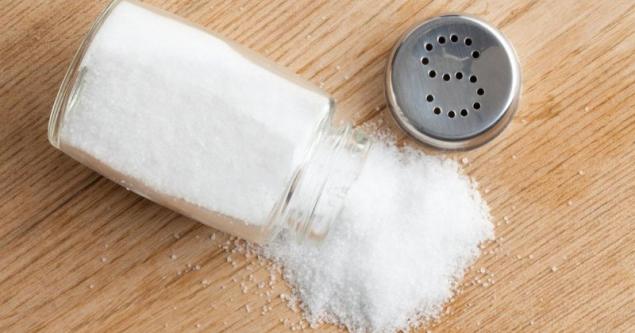
DepositPhotos
Salt intake Salt for food more important than any spice. It is without salt in the kitchen can not do. Even sweet dough should be added a pinch of salt to balance the taste. What to say about cooking meat, fish, vegetables or soups. But how to add this salt?
Separately marked iodizedAfter all, such a product with prolonged heating loses both iodine and vitamins. Therefore, iodized salt should be added only at the end of cooking, which means that it is not always suitable. Also keep in mind that in the final stage of cooking products absorb salt better, so add a little.
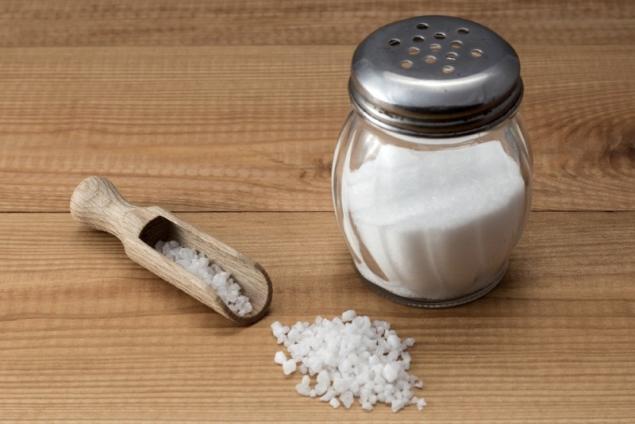
DepositPhotos
Every housewife knows that It is better to unsalt the dish than to oversalt. After all, coping with the salt is always more difficult. If you accidentally managed to oversalt the soup, then you can lower a gauze bag of rice into it for a couple of minutes.
Modern trends suggest that people deliberately refuse salt, considering it harmful. But even the most delicious. saltless It turns into grass, which means that salt will have to be replaced with sauces or spices. We believe that salt is useful in reasonable amounts, so it definitely deserves a decent place in every kitchen.
And today's edition. "Site" will share useful culinary tricks, which are perfectly mastered by the best chefs of the world. But self-taught cooks, who do not attach much importance to salt, do not even know about these secrets.

DepositPhotos
Salt intake Salt for food more important than any spice. It is without salt in the kitchen can not do. Even sweet dough should be added a pinch of salt to balance the taste. What to say about cooking meat, fish, vegetables or soups. But how to add this salt?
- Meat.
The meat usually contains salt, so salt it should be salted carefully. Sometimes when cooking, you can do without salt at all, if you add spices or sauce to the dish. But when serving a meat dish to the table, everyone can salt it to taste.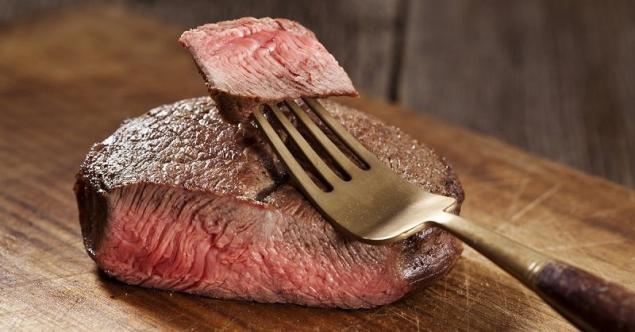
DepositPhotos
If you need to cook meat broth, then salt is added to the water from the very beginning, which allows the fibers of the meat to soften and convey the whole taste to the broth. And if you just need to boil a piece of meat, say, beef, and preserve the taste of the meat itself, then salt should be near the end of cooking, otherwise it will be rigid.
When roasting meat, we recommend salting it when a ruddy crust is formed, preserving juice in the meat. Many cooks when frying, say, beef liver salt it still raw. As a result, the dish turns hard and dry. However, if you want to bake meat, then salt and pepper really need still raw.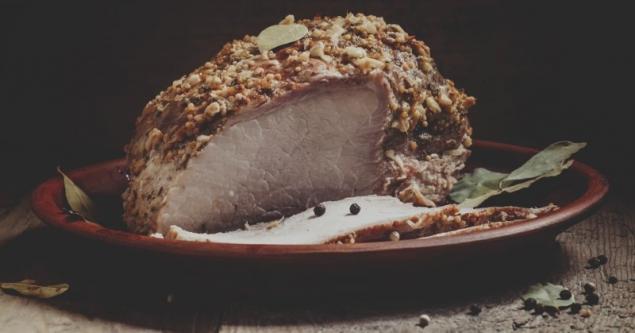
DepositPhotos - Fish
Fish are salted abundantly, regardless of the subsequent method of heat treatment (cooking or frying). But cooks recommend salting the fish for 15 minutes before frying, so it will better retain its shape and will not fall apart during cooking. If we are talking about fish broth, then salt should be immediately after boiling.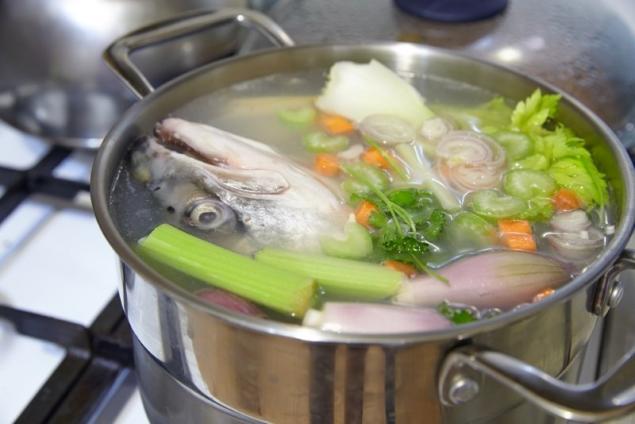
DepositPhotos - Vegetables
Vegetables get less salt than fish, but more than meat. And the salting time depends on the method of heat treatment. For example, potatoes in a uniform are salted either immediately or after cooking. Peeled potatoes are salted as soon as the water boils. But cooking fried potatoes, add salt at the end - so the potato will turn crispy.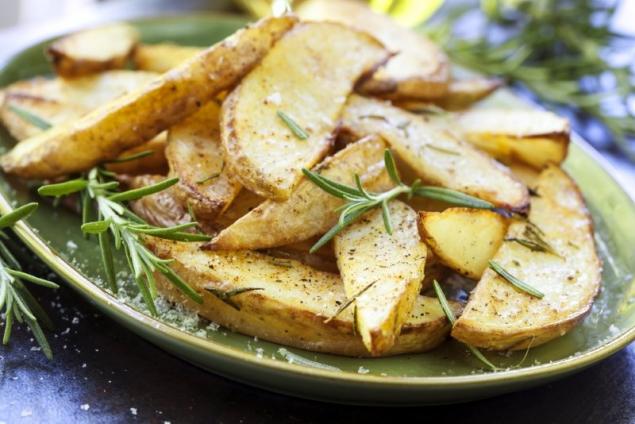
DepositPhotos
When it comes to salad, vegetables are salted before adding butter. Otherwise, the oil will cover the vegetables with the thinnest film and will not allow salt to be absorbed. As a result, you will have to “enjoy” not the balanced taste of the salad, but to feel each ingredient separately.
Salt is added to beans and lentils at the end of cooking - this will soften the product. And dumplings and dumplings are salted at the very beginning of cooking, otherwise they will turn out tasteless.
Separately marked iodizedAfter all, such a product with prolonged heating loses both iodine and vitamins. Therefore, iodized salt should be added only at the end of cooking, which means that it is not always suitable. Also keep in mind that in the final stage of cooking products absorb salt better, so add a little.

DepositPhotos
Every housewife knows that It is better to unsalt the dish than to oversalt. After all, coping with the salt is always more difficult. If you accidentally managed to oversalt the soup, then you can lower a gauze bag of rice into it for a couple of minutes.
Modern trends suggest that people deliberately refuse salt, considering it harmful. But even the most delicious. saltless It turns into grass, which means that salt will have to be replaced with sauces or spices. We believe that salt is useful in reasonable amounts, so it definitely deserves a decent place in every kitchen.







